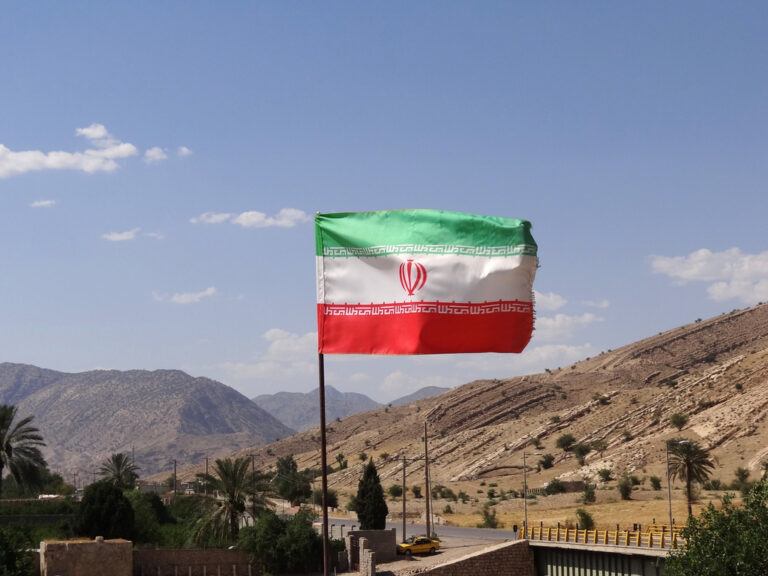An anonymous Bitcoin supporter from Iran recently revealed that every cryptocurrency exchange in the country has been “filtered since May.” The crypto advocate was referring to the recent decision by the Iranian government to censor information related to the cryptocurrency market, which has come just before the expected renewal of internationally imposed sanctions on Iran next month.
A number of Iranian residents have reported experiencing difficulty while trying to access cryptocurrency exchanges such as Binance, peer-to-peer exchange LocalBitcoins, and Blockchain. This, despite the residents reportedly using a VPN service or other ways of bypassing the Iranian government’s censorship of the internet.
An experienced cryptocurrency user in Iran revealed that a lot of people in the rogue state are buying Bitcoin (BTC) in order to use it “as a hedge instrument.” The country’s bitcoin users claim that it’s easier to obtain the cryptocurrency compared to trying to buy US dollars through “the black market.” Due to rising inflation, with the current inflation rate reaching 127 percent, along with political instability, many Iranians are reportedly not too concerned with bitcoin’s volatility.
Preventing Cross-Border Payments
Ahmad Khalid Majidyar, the head of IranObserved Project at the Middle East Institute, stated that the Iranian government’s leaders do not want the country’s citizens to send money abroad, particularly US dollars. The Middle East Institute is an established Washington-based organization that serves as a think tank and provides non-partisan political analysis. Majidyar added that more government restrictions might soon follow and that they could also affect Iran’s crypto economy.
The Iranian government is currently struggling to deal with the nation’s economic turmoil, which experts attribute mainly to the crippling US-led sanctions. Authorities in Iran have also placed tight controls on cryptocurrencies in an effort to prevent the flight of capital from the isolated nation. This is presumably in response to stop many of Iran’s residents who might be using digital currencies for international money transfer.
Denying Banking Services To Crypto Dealers
In December 2017, the country’s authorities ordered all financial institutions to terminate banking relationships with individuals dealing in cryptos. Additionally, the Central Bank of Iran was instructed not to conduct any operations which would “promote” cryptocurrencies. In May, Mohammad Reza Pourebrahim, head of Iran’s economic committee, issued a statement warning local cryptocurrency traders that their activities could potentially hurt the nation’s already fragile economy.
According to recent reports, the censorship of the internet in Iran seems to be increasing with network traffic being monitored through a process known as “deep packet inspection.” This process was also previously used by the country’s government to prevent those using VPN services from gaining access to cryptocurrency exchanges.
At present, decentralized exchange LocalBitcoins cannot be accessed in Iran and the use of imported crypto mining hardware is prohibited. These restrictions appear to have been placed by the nation’s government because the crypto service providers say they have not taken any measures to prevent people in Iran from accessing their cryptocurrency platforms.
Despite these restrictions, crypto traders continue to trade with each other, mostly by meeting in person, according to anonymous sources. Officially though, buying and trading cryptocurrencies by using Iranian Rials is prohibited.









